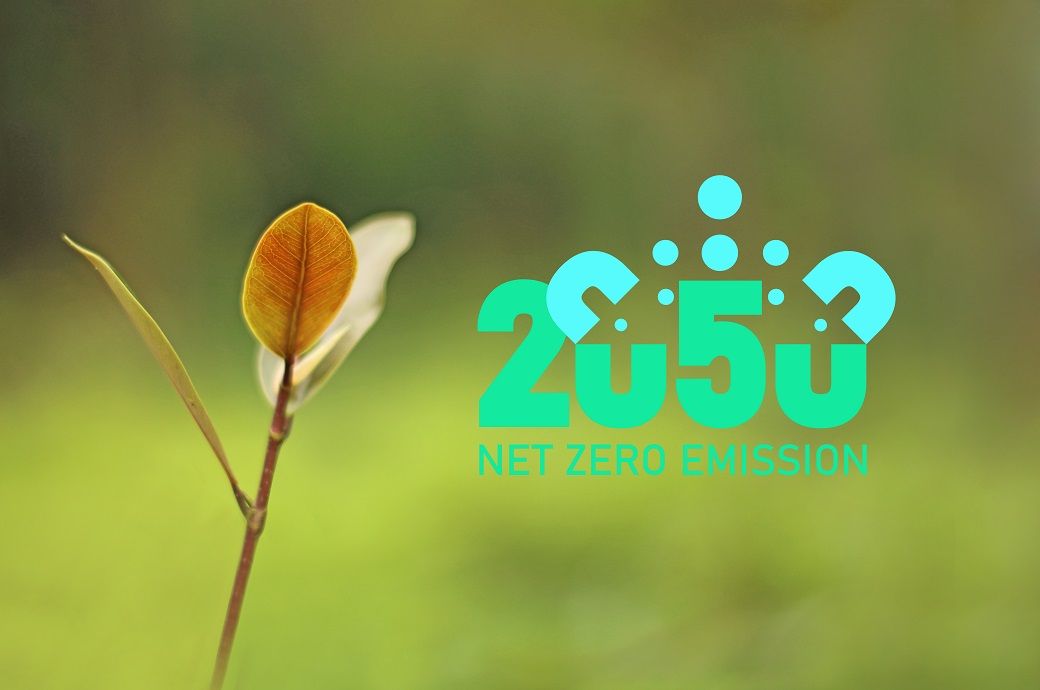
The European Environmental Agency (EEA) has released a report highlighting that the EU’s green transition may not impact all regions and groups equally. As Europe strives to reduce greenhouse gas emissions and shift its economy away from resource dependency, certain demographics could bear the brunt of this significant transformation. Vulnerable groups, such as those at risk of energy and transportation poverty, as well as communities reliant on fossil fuel industries, are expected to feel the effects most acutely. The farming sector, which must adapt to sustainable practices, and the youth, who face severe consequences from the climate crisis, are also identified as particularly vulnerable.
The EEA’s report, titled “Just sustainability transitions: From concept to practice,” emphasizes the importance of prioritizing equity within these transitions. Ignoring these disparities risks deepening existing inequalities and fostering social unrest. The EU has set an ambitious target of achieving climate neutrality by 2050, necessitating structural changes in production and consumption practices.
While these necessary decarbonization efforts pose significant challenges, they promise opportunities for economic growth and increased competitiveness throughout Europe. To effectively manage this transition, the report argues for justice in sustainability, which involves far more than simply addressing the social and economic repercussions of climate policies. It also advocates for fair representation in decision-making processes and acknowledges the rights and identities of affected individuals and groups.
Moreover, the report urges policymakers to consider the intersectionality of vulnerabilities and the broader impact of these transitions, accounting for geographical differences and the long-term implications for future generations. Despite recognizing the complexities involved in translating these concepts into actionable practices, the report contends that promoting justice requires a holistic approach to policy design, ensuring that local needs align with overarching sustainability goals.
To navigate these intricate transitions effectively, Europe must establish robust monitoring and evaluation systems that adapt to the evolving societal landscape, ensuring that principles of justice are upheld throughout the process.






